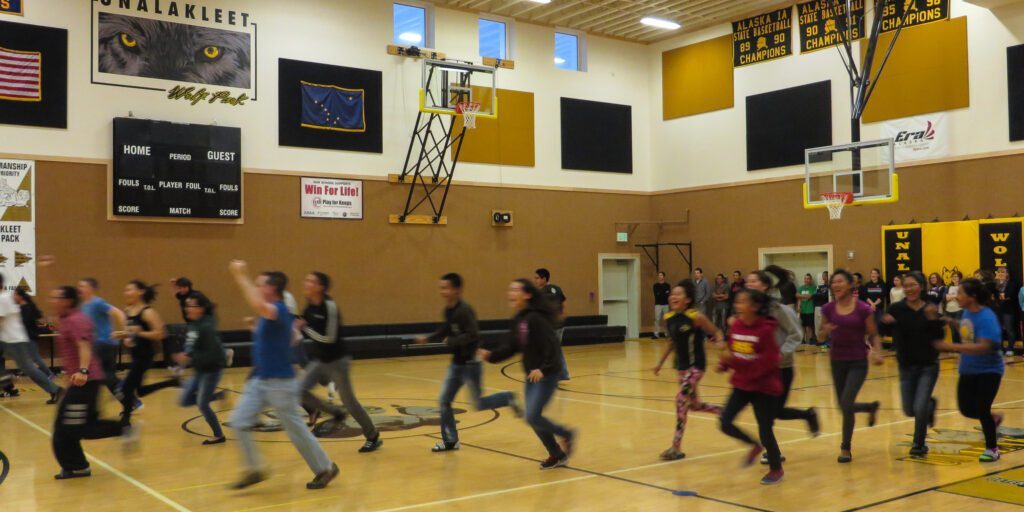Students in Western Alaskan have resumed school, both in-person and at home, but the additional challenges presented by the COVID-19 pandemic could produce symptoms of stress and anxiety in many school-age children.
In the Alaska Department of Health and Social Services’ press briefing, held on September 4th, public health professionals discussed concrete solutions to help school-age children cope in such a difficult context.
Mental health clinician Kristina Weltzin, one of the presenters at the press briefing, offered insight into the effects the pandemic can have on children’s mental wellbeing. Weltzin assured parents that their children’s response to uncertainty, that is caused by the pandemic, is not uncommon.
“When life feels uncertain, it is really normal for the mind and body to respond by feeling stressed and having a stress reaction. We all know that we experience stress in different ways, including our children.”
– Kristina Weltzin
Ultimately, Weltzin expressed the importance of, “normalize[ing] our feelings and our children’s feelings and try[ing] to find an ability to be comfortable talking about feelings.”
Ann Potempa, Manager of Alaska’s Play Every Day campaign, spoke about children’s physical wellbeing during the COVD-19 pandemic. She says physical activity is a great way for kids to relieve stress and anxiety and reduce symptoms of depression. Potempa also gave a few examples of ways for children to stay active during the pandemic.
“Kids can improve how they feel every day by taking a walk, taking breaks to go ride a bike, even joining their P.E. teacher for some online physical activities through Zoom.”
– Ann Potempa
You can find more information and tips about motivating children to stay active through Alaska’s Play Every Day Campaign by visiting: www.playeveryday.alaska.gov.
Locally at Nome-Beltz High School, physical education teacher Brooks Fry agrees that physical activity has the capability to improve mental, cognitive, and emotional functions. He says, “even with the challenges we’re facing with the coronavirus, those benefits can still be benefits.”
NBHS is conducting school in-person this week, but if they were to switch back to a distance-learning model, Fry says the school would be prepared to offer students the same opportunities for physical and social engagement.
“That’s what we’ll try to do from a physical education side is not just provide the opportunity to follow along with a video to get physically active, but also a little bit of social interaction.”
– Brooks Fry
The school year at NBHS is well underway, and all students are required to wear masks and maintain appropriate social distancing, even in P.E. class. Despite these new measures, Fry has observed that students are more than willing to endure those challenges in order to be active.
Also during the DHSS press briefing, Matt Bobo, the Immunization Program Manager from the Alaska Division of Public Health, discussed the state’s plan to implement a COVID-19 vaccine; however, students wouldn’t be eligible to receive it until 2021 or even later.
Image at top: Young students in Unalakleet getting some exercise during a time before the COVID-19 pandemic. Photo from Laura Kraegel, KNOM (2015).




